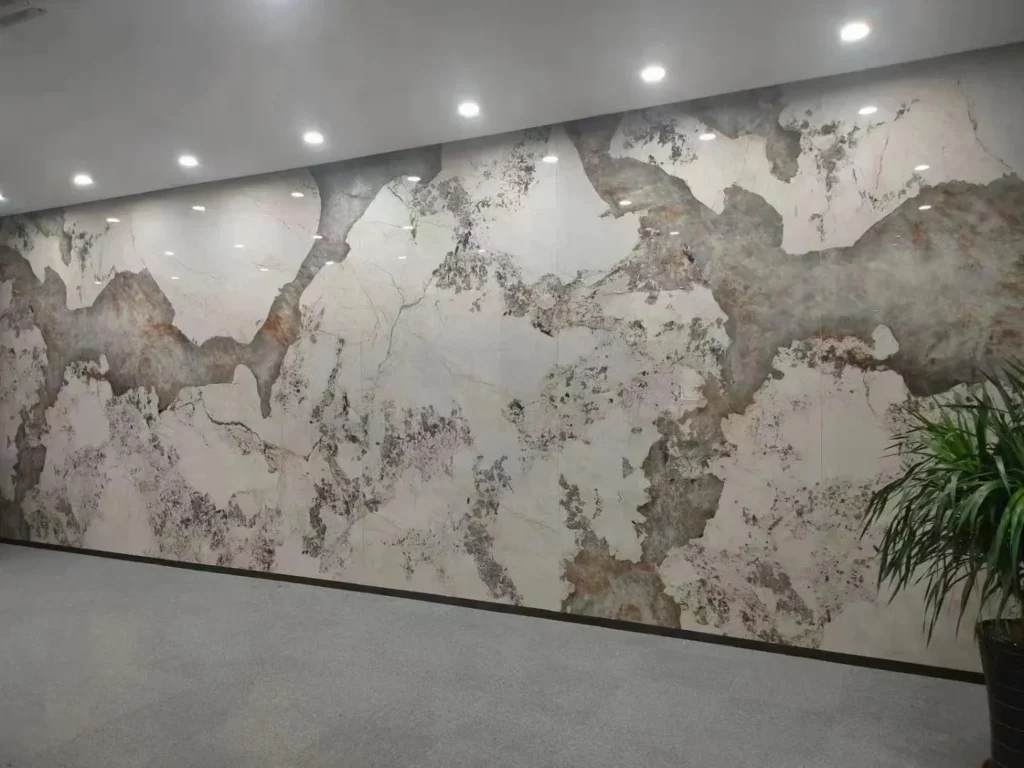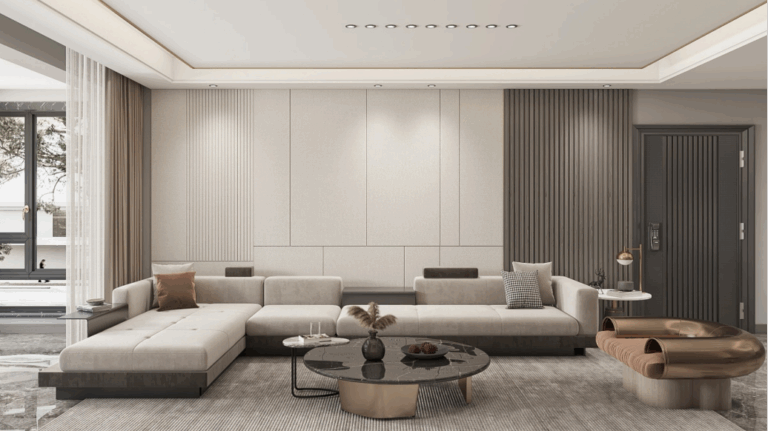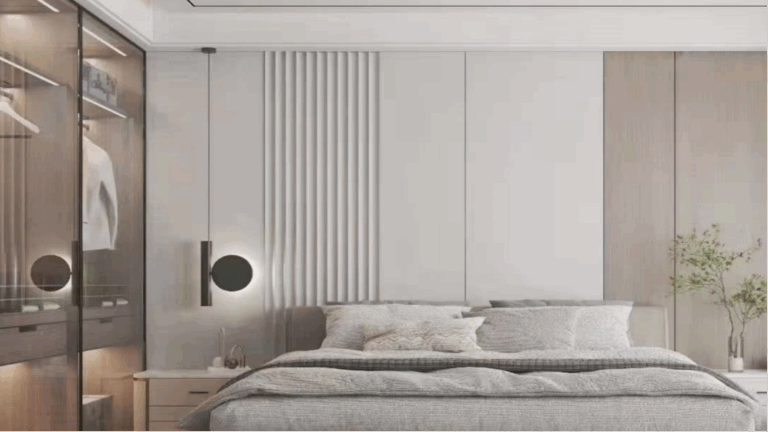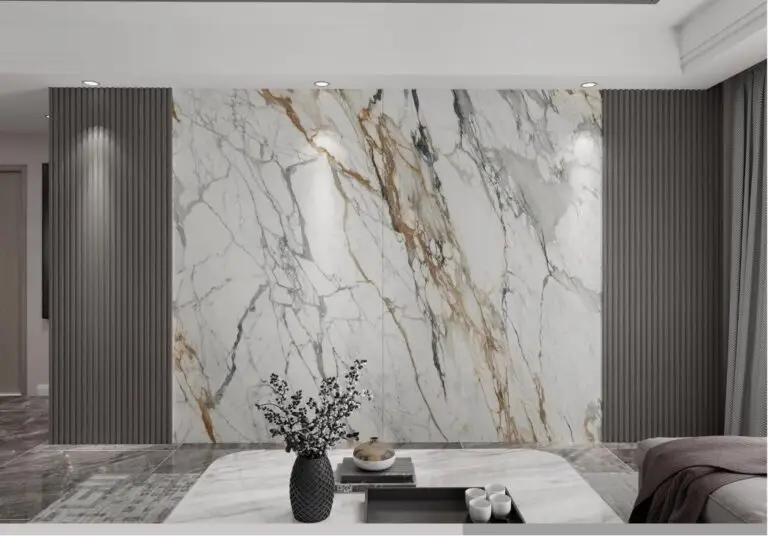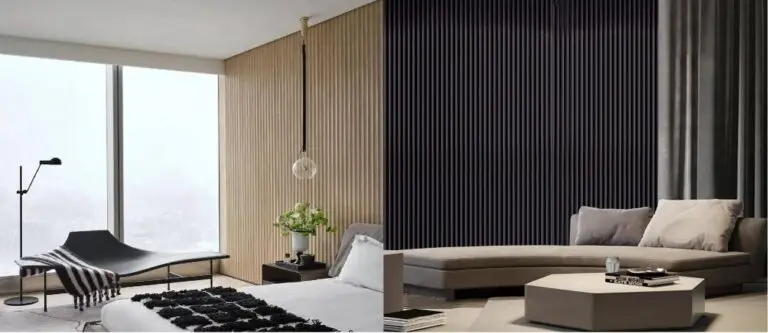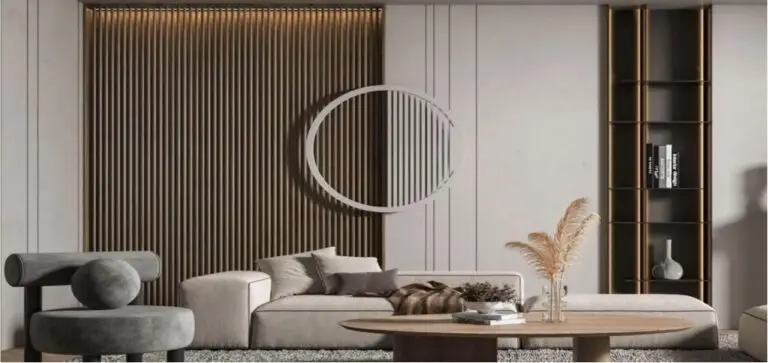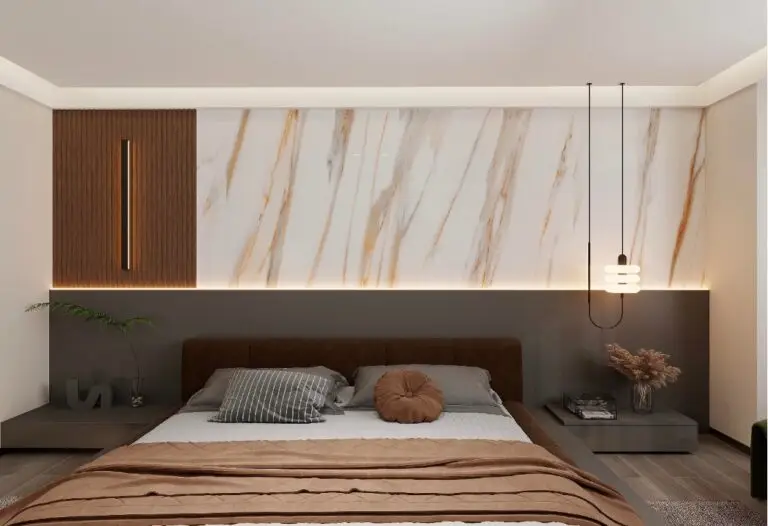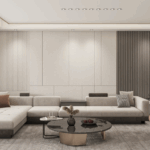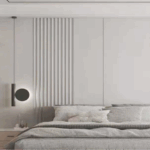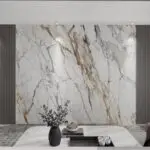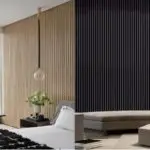
The quality of UV boards directly impacts decoration results and service life, requiring full – process control from production to final acceptance. Standardized processes, strict testing, and scientific inspection ensure stable performance.
I. Core Quality Control Points in Production
1. Substrate Quality Assurance
For medium – density fiberboard (MDF), the ideal density ranges from 650 to 800kg/m³ with a moisture content of 6% – 8%. Data from a major manufacturer shows that controlling moisture within ±1% reduces deformation by 70%. For plywood substrates, veneer bonding strength should meet ≥1.0MPa (GB/T 9846 standard) to prevent delamination.
2. UV Coating Process Optimization
In a 3 – 5 layer coating system (primer, color coat, topcoat), precise thickness control is key: 0.1 – 0.15mm for primer adhesion and 0.2 – 0.3mm for topcoat abrasion resistance. A German production line maintains ±0.02mm accuracy using online thickness gauges.
3. Precise Curing Parameter Control
UV irradiation energy density should stay at 800 – 1200mJ/cm², with temperatures between 60 – 80℃. Lab tests show insufficient energy reduces cross – linking by 30% and 耐磨性 by 50%.
II. Key Factory – Exit Testing Indicators
1. Physical Property Tests
- Hardness Test: Pencil hardness method requires 2H – 3H rating. A 2H pencil at 45° with 1kg pressure should leave no marks.
- Abrasion Test: Taber abrasion tester ensures wear loss ≤0.08g after 500 cycles, equivalent to 5 – year normal use.
2. Chemical Property Tests
- Stain Resistance: Leave ketchup, coffee for 24h; 合格标准为无残留.
- Weather Resistance: QUV accelerated aging test simulates 2000h sunlight, allowing ΔE≤2 color difference and no coating peeling.
3. Environmental Compliance Verification
Formaldehyde emissions must meet national E1 standard (≤0.124mg/m³), with E0 grade (≤0.05mg/m³) preferred. Water – based UV paints should have VOC ≤50g/L (HJ 2537 standard).
III. On – Site Acceptance Guidelines
1. Visual Inspection
- Check for surface smoothness, free of bubbles or orange peel texture, with gloss variation ≤±5GU.
- Edge inspection ensures no burrs or chipping, with cutting accuracy within ≤0.5mm error.
2. Performance Sampling
Randomly test 3% of boards: scratch with a coin, conduct water – drop tests for waterproofing (no penetration indicates pass).
3. Document Verification
Review certificates and test reports, ensuring they’re issued within 1 year and key indicators like formaldehyde emissions meet standards.

